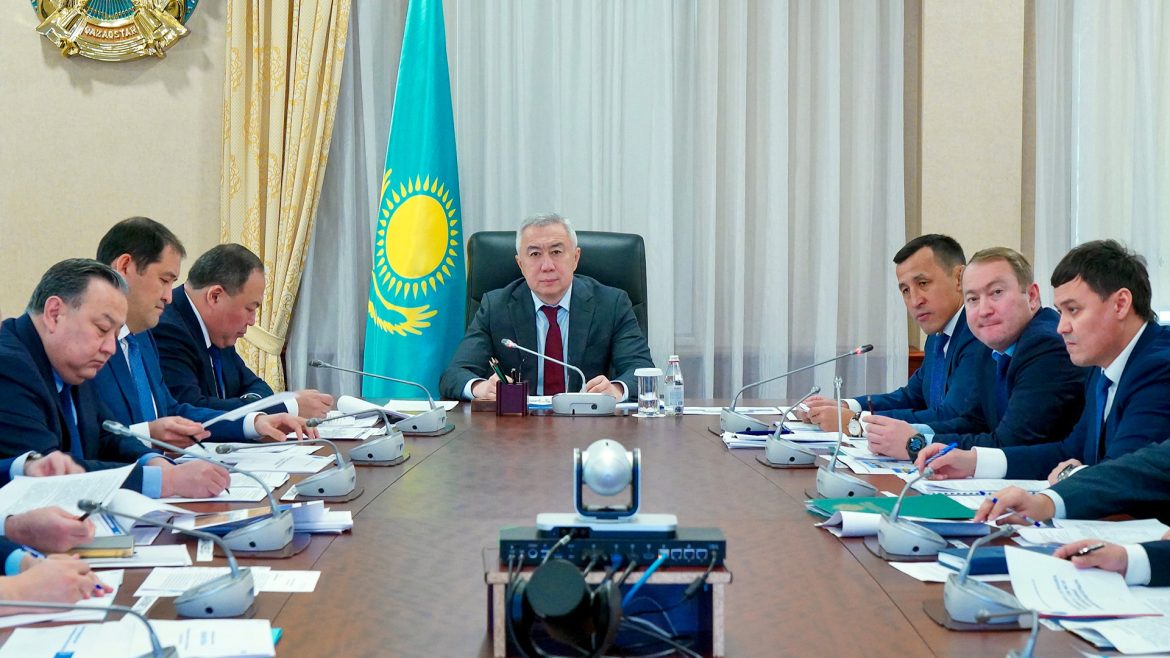ASTANA ( WNAM MONITORING): Kazakhstan outlined steps to implement the Green Corridor system and strengthen its role as a key Eurasian transit hub during a meeting chaired by Deputy Prime Minister Serik Zhumangarin.
Kazakhstan is moving forward with a comprehensive package of measures to streamline customs, modernize border infrastructure, and digitalize logistics processes. The Green Corridor initiative aims to reduce border delays and improve the efficiency of transit cargo moving across the country.
Kazakhstan currently hosts five major international rail corridors linking China, Europe, Russia, Central Asia, and Iran. Transit volumes rose from 21.8 million tons in 2020 to 27.4 million tons in 2024, with forecasts reaching up to 100 million tons by 2035, reported the Prime Minister’s press service.
A key task discussed at the meeting was reducing customs inspections that require wagon uncoupling, which disrupts train integrity and increases delays.
The Finance Ministry is expanding digital customs tools, including the KEDEN information system, electronic queuing, and automated issuance of foreign permits at borders with China and Uzbekistan. More than 2.7 million bookings and 160,000 electronic permits have been issued.
Integrated vehicle control systems and new logistics centers on the borders with China and Uzbekistan have increased the throughput capacity of checkpoints and reduced truck crossing times to as little as 30 minutes.
A pilot project with the national railway operator automated the issuance of transit declarations on the China-Kazakhstan-Central Asia route, reducing processing time for container trains from three hours to 30 minutes. Expansion to China-Europe routes is underway.
Kazakhstan is also preparing a multilateral seamless transit agreement with Central Asian and South Caucasus countries, expected to be finalized with Uzbekistan in 2026, with potential future participation from China.
The meeting also reviewed progress in upgrading border checkpoints, modernizing rail stations, and renewing Kazakhstan’s wagon fleet, which now totals 145,700 units. Air cargo capacity continues to grow, with airports handling 29.7 million passengers and 171,000 tons of freight in 2024.


